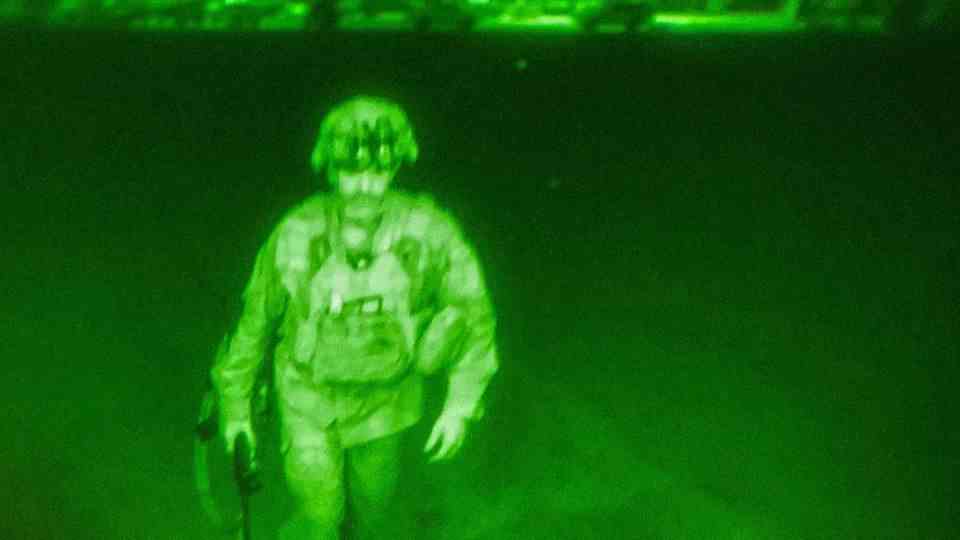drug trafficking
Taliban ban poppy cultivation in Afghanistan – they used to benefit from it themselves
A man in a poppy field in Afghanistan (photo from 2014)
© Rahmat Gul / Picture Alliance
Opiates from Afghanistan dominate the black market. Now the Taliban have issued a decree banning consumption, transport, trade, exports and imports, and factories producing drugs of all kinds.
The Taliban’s supreme leader in Afghanistan, Haibatullah Achundsada, has banned the cultivation of poppies in the country. The Taliban’s chief spokesman, Sabiullah Mujahid, announced a corresponding decree on Sunday. It says that if the order is violated, the harvest will be destroyed immediately and those responsible face punishment under Islamic law, Sharia. According to a UN report in November, Afghan opiates dominate the international black market and supply eight out of ten consumers worldwide.
The militant Islamist Taliban, who took power in Afghanistan in August, have themselves been seen as profiteers from the drug trade in the past. They are said to have used it to finance their earlier fight against the former government in Kabul and the international armed forces that have meanwhile withdrawn.
According to the United Nations Office on Drugs and Crime (UNODC), opium was worth between 1.8 billion and 2.7 billion US dollars (1.6 billion and 2.4 billion euros) in Afghanistan in 2021. Around a tenth of Afghan economic output is based on opium. Sunday’s decree also bans consumption, transport, trade, exports and imports, and factories producing drugs of all kinds, including hashish.
So far, no state has recognized the Taliban government in Afghanistan
The cultivation of poppies was already illegal before the Islamists took power, because intoxicating substances are forbidden in Islam. It was still widespread, and members of the former government benefited from the trade alongside the Taliban. Since coming to power, the Islamists have reportedly had no consistent policy. In some districts, drug factories are said to have been closed, while in other areas their operations have been ignored. With the ban, the Taliban are also meeting demands from Western governments to combat drug cultivation.
So far no country in the world has recognized the Taliban government. The economy of the country, which has been marked by conflict for more than 40 years, has shrunk massively since she took power. A donor conference recently raised around $2.4 billion (approximately €2.2 billion) to support Afghanistan and its neighboring countries.


